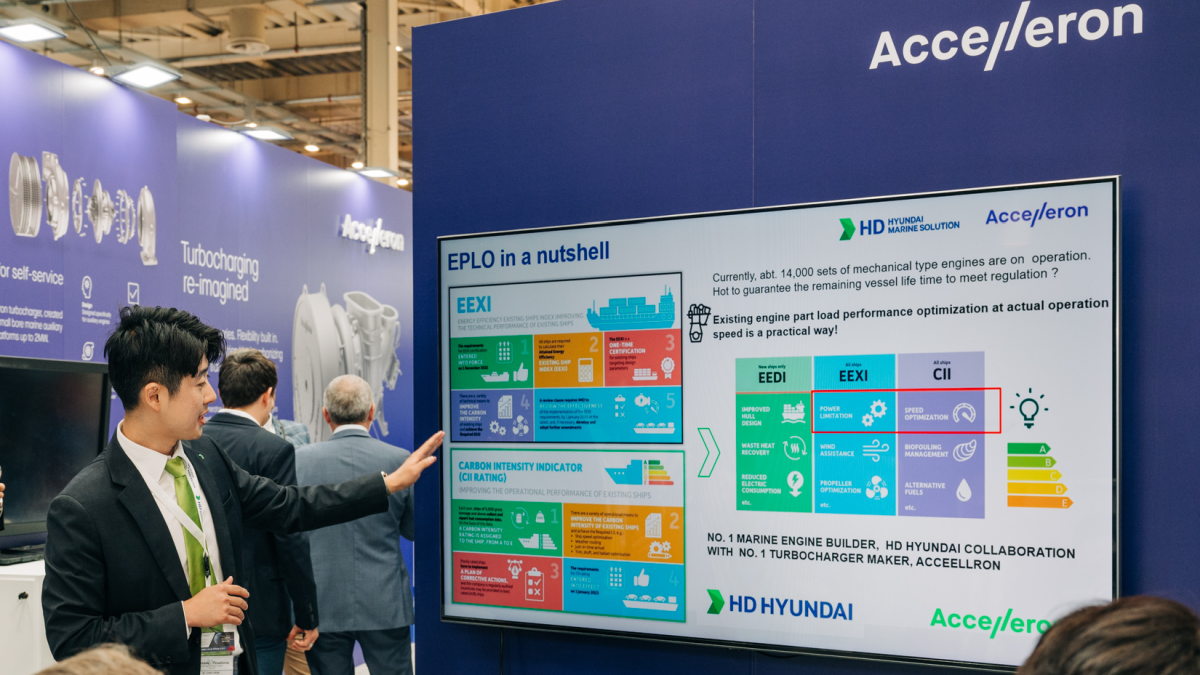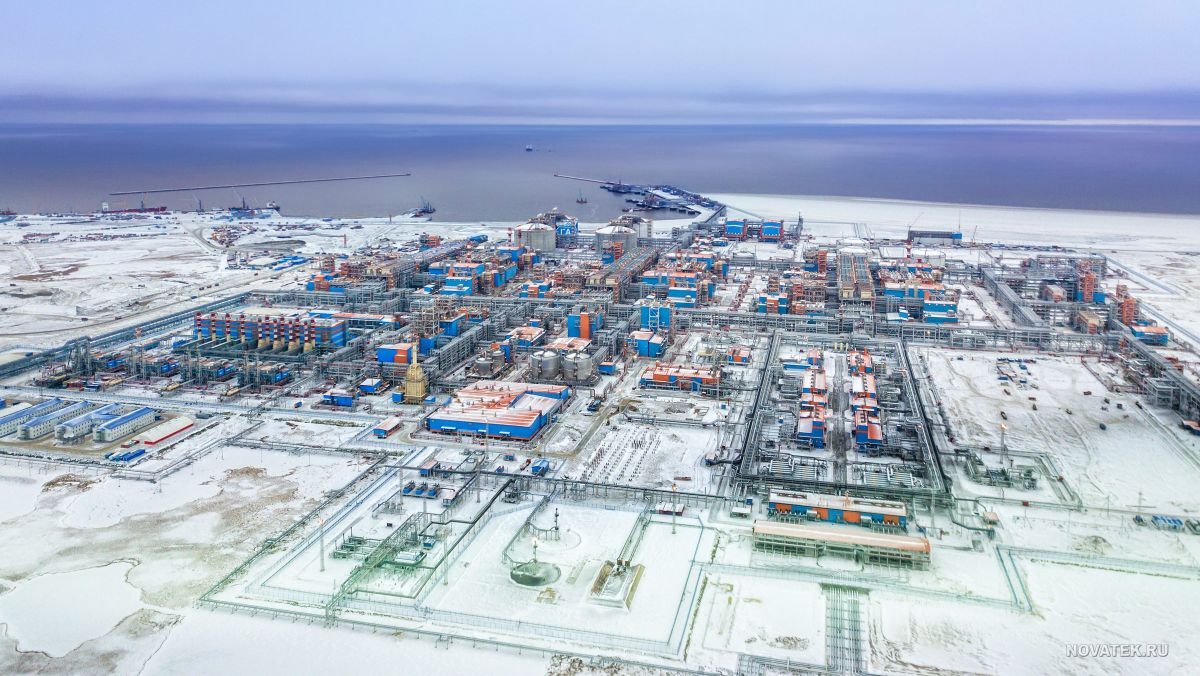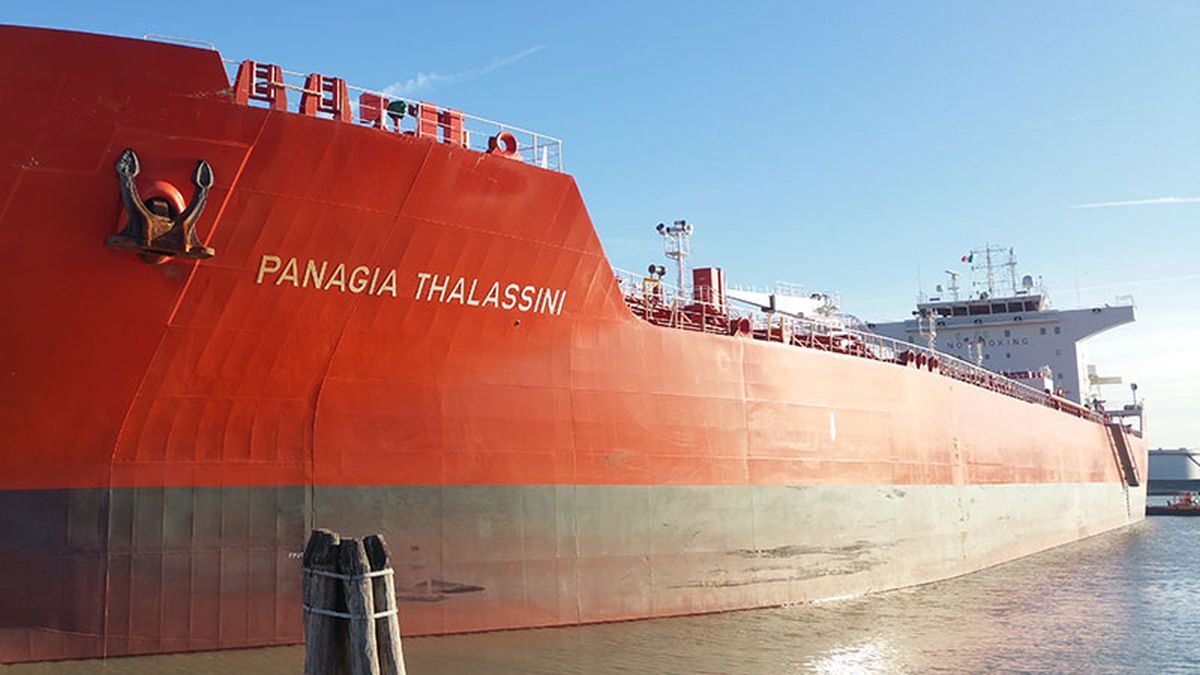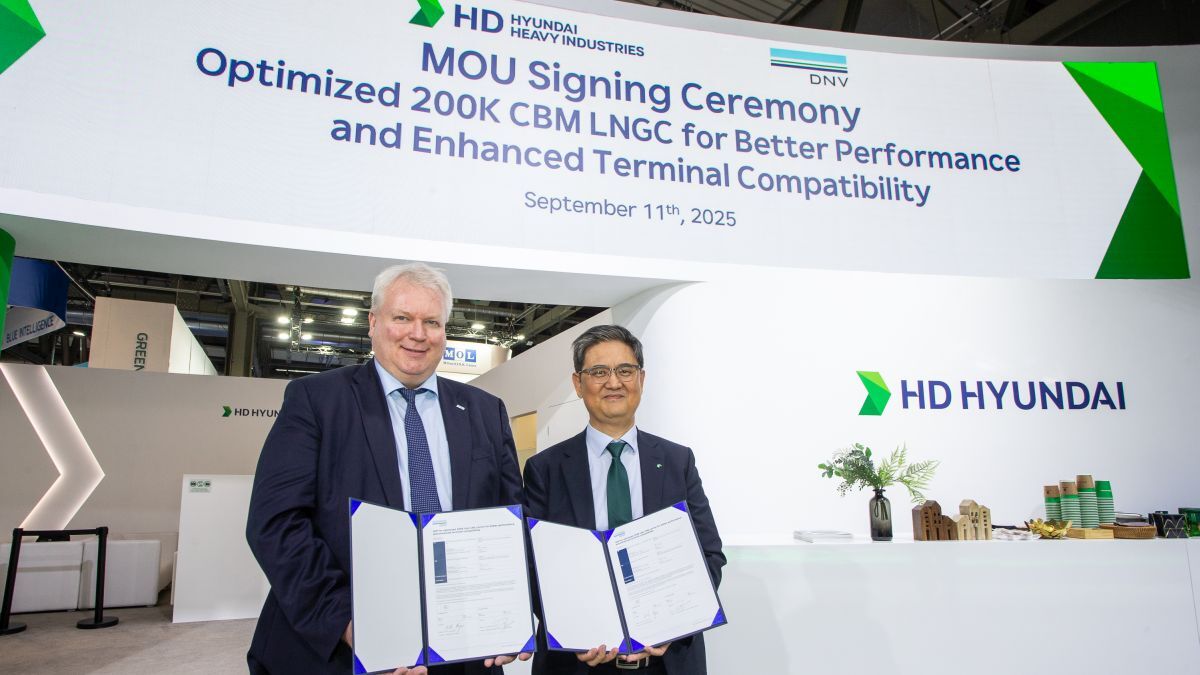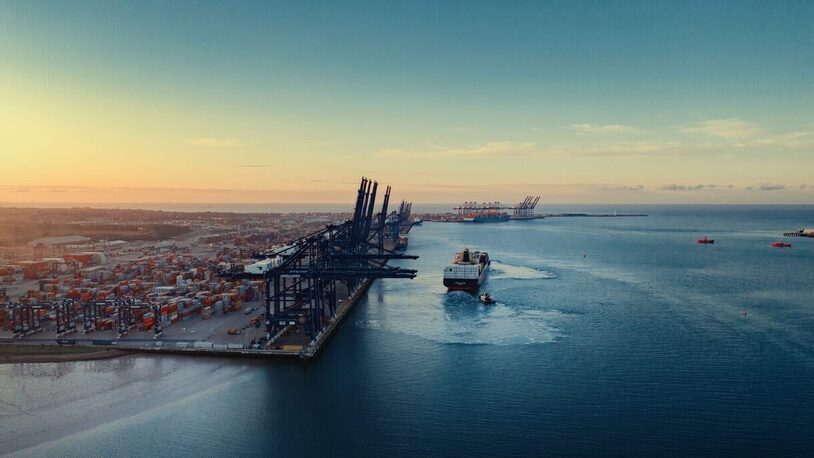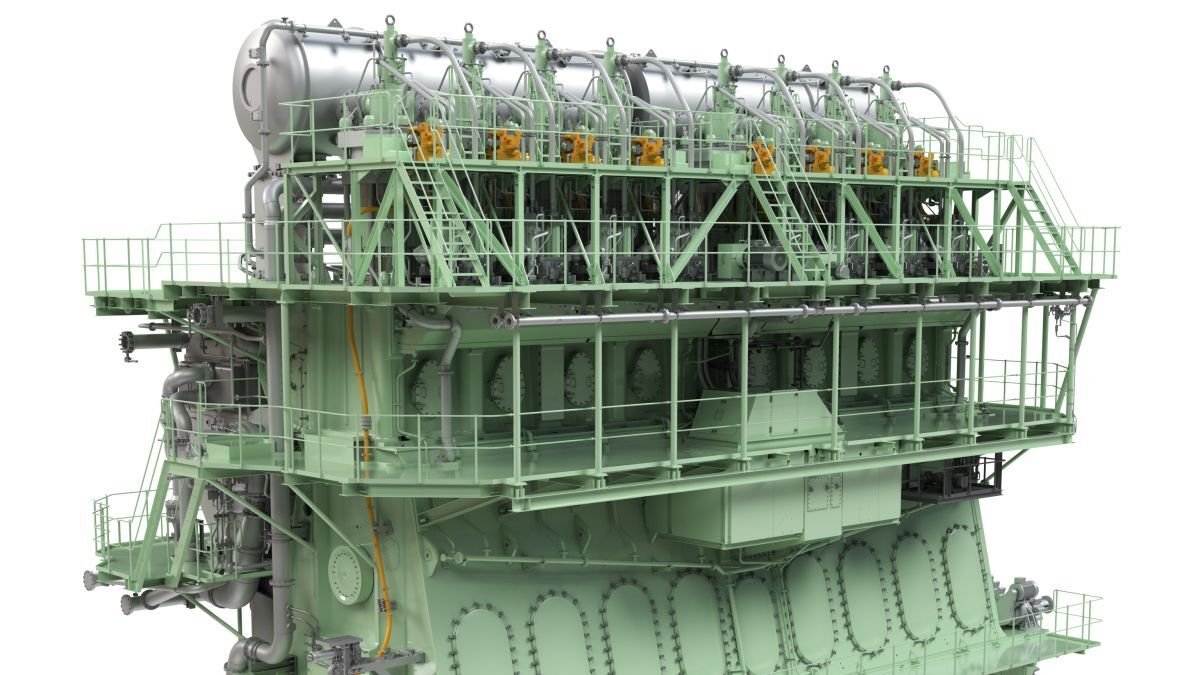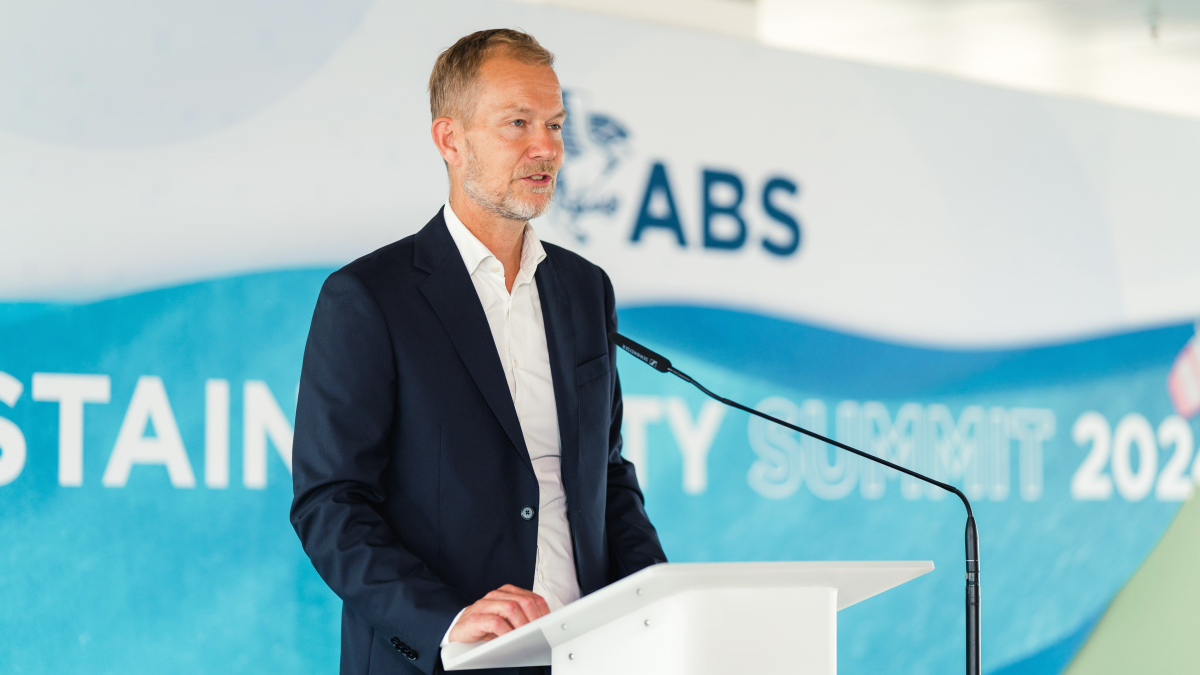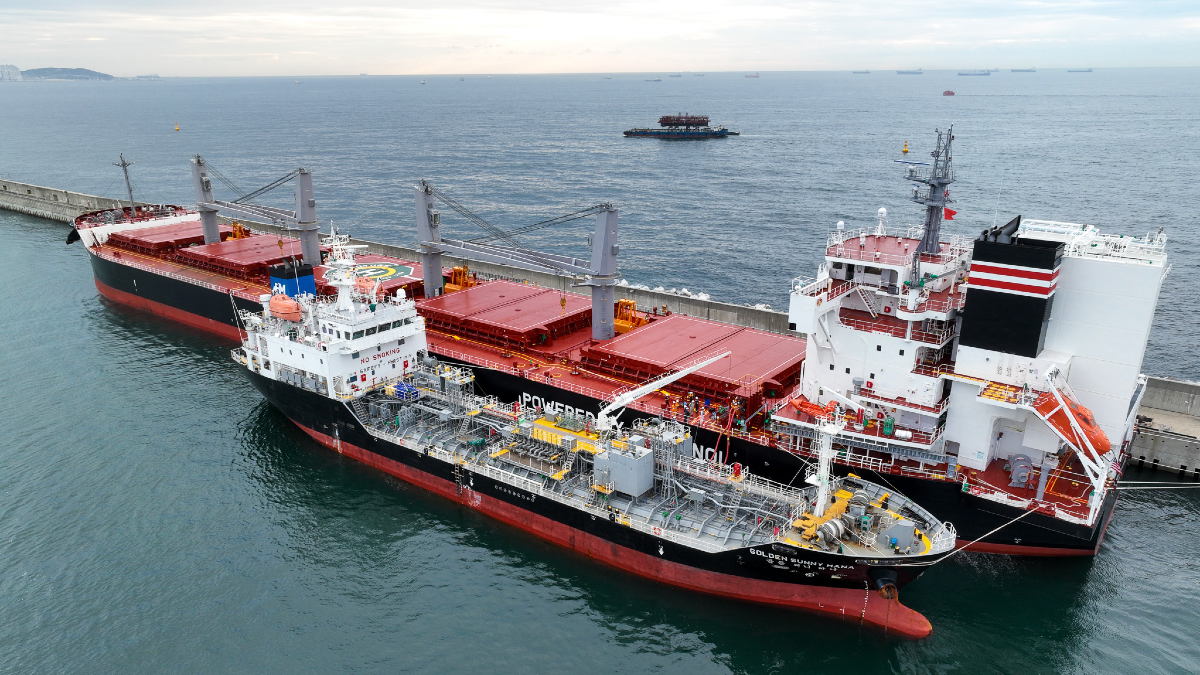Business Sectors
Contents
Register to read more articles.
EPLO refit yields improved efficiency for Wallenius Wilhemsen car carrier
Accelleron and HD Hyundai partner on engine part-load optimisation refit of pure car truck carrier
To comply with newly enacted international energy efficiency requirements and EU greenhouse gas (GHG) reduction regulations, ship operators are increasingly reducing engine output levels to 60-70% of their original design power. This approach, engine part load optimisation (EPLO), is being taken by Wallenius Wilhelmsen on a series of eight pure car truck carriers (PCTCs), with the goal of significantly increasing the efficiency of the vessels during slow-speed operations, while cutting ship pollutants. This will underpin compliance with IMO Energy Efficiency for Existing Ship Index (EEXI) and Carbon Intensity Indicator (CII) requirements, as well as the EU Emission Trading System (EU ETS) and other GHG reduction schemes. As of 1 January, shipping was included in the EU ETS, a cap-and-trade scheme that is targeting a 55% reduction in GHG emissions in the EU by 2030 (compared to 1990) and net zero by 2050.
Commercially managed by Seoul-based EUKOR Car Carriers, which is owned by Wallenius Wilhemsen, the 2006-built Morning Concert was the first of the series to undergo EPLO refit. The work was performed by South Korean enginebuilder HD Hyundai Marine Solution, which launched the service with turbocharger specialist Accelleron in 2021.
“EPLO can significantly improve the efficiency of marine engines”
EPLO can significantly improve the efficiency of marine engines in their most used power range by optimising the configuration of turbochargers. This is achieved by reducing the size of the turbocharger’s turbine and compressor, combined with derating the main engine. This requires optimisation of other engine parameters, such as injection timing for optimal combustion, which allows a significant increase in main engine efficiency over the power range of 20%-85%.
The retrofit work was completed on 28 March, and sea trials held on 7 April showed a 3-4% reduction in specific fuel oil consumption compared to pre-retrofit performance. Records show the PCTC is fitted with a two-stroke, slow-speed MAN B&W 7S60MC diesel engine. Additionally, Accelleron reports that shifting the auxiliary blower’s switching point to lower engine power significantly reduces the operation time of the blowers and further enhances the overall vessel efficiency.
In March, Greek car carrier shipping company Neptune Lines and Managing Enterprises inked an EPLO retrofit service contract with HD Hyundai Marine Solution covering four car carriers. Commenting on the deal, Neptune Lines said: “By optimising engines for part-load operation, we anticipate a substantial reduction in fuel consumption by approximately 500 tonnes and carbon emissions by 1,575 tonnes per year across our fleet.” The Greek shipping line operates 21 PCTCs, with capacities ranging from 1,500 to 6,500 vehicles.
Building on their partnership and the anticipated market demand, HD Hyundai Marine Solution and Accelleron signed a strategic collaboration agreement for the joint development of an EPLO service on 5 June during Posidonia 2024 in Athens, Greece. The agreement includes strategic co-operation in sales, marketing, engineering, procurement and installation.
Related to this Story
Events
Maritime Decarbonisation, Europe: Conference, Awards & Exhibition 2025
Offshore Support Journal Conference, Americas 2025
LNG Shipping & Terminals Conference 2025
© 2024 Riviera Maritime Media Ltd.


